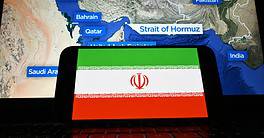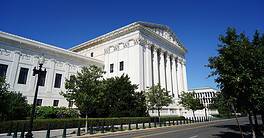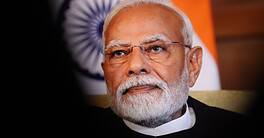CHILE

|
|
|
Michelle Bachelet, the 54-year-old medical doctor who was sworn in as Chiles first female president on March 11, is the newest member of Latin Americas growing club of left-wing leaders. However, Bachelet espouses the Chilean-style socialism that continues to make the country a model for Latin American growth.
While considered to have more leftist social policies than her predecessor and fellow socialist Ricardo Lagos, Bachelet is expected to maintain Lagoss fiscal discipline, free-market policies and close ties to Washington. She is the fourth consecutive member of the center-left Concertacin coalition to take office since the nations return to democracy in 1990 with the fall of General Augusto Pinochets military regime.
Elected in January with 53.5% of votes, Bachelets first move upon taking power was to grant free medical care to citizens over the age of 60, allotting an additional $1.5 million to the budget for the state-run healthcare system to cover the cost of the plan. She has also vowed to have an equal number of men and women in key government posts, backing up her promise with the appointment of 10 men and 10 women to her cabinet.
Bachelet also says she will support small and medium-size businesses, simplify the corporate tax structure, boost penalties on economic crimes and guarantee that government suppliers be paid within no more than 30 days. Market analysts are comfortable with Bachelets economic plans, which call for further economic growth and job creation.
Leading her economic team is 45-year-old Andrs Velasco Briones, a former Harvard finance and international development professor, as finance minister. Alberto Arenas, a 40-year-old former finance ministry official and economist from the University of Pittsburgh, was appointed budget director. Jos Pablo Arellano, a Harvard-trained economist and former budget director, now heads the state-owned Codelco copper company. Mario Marcel, a socialist economist and former budget director, was tapped to head a commission to overhaul the nations private social security system.
Antonio Guerrero



